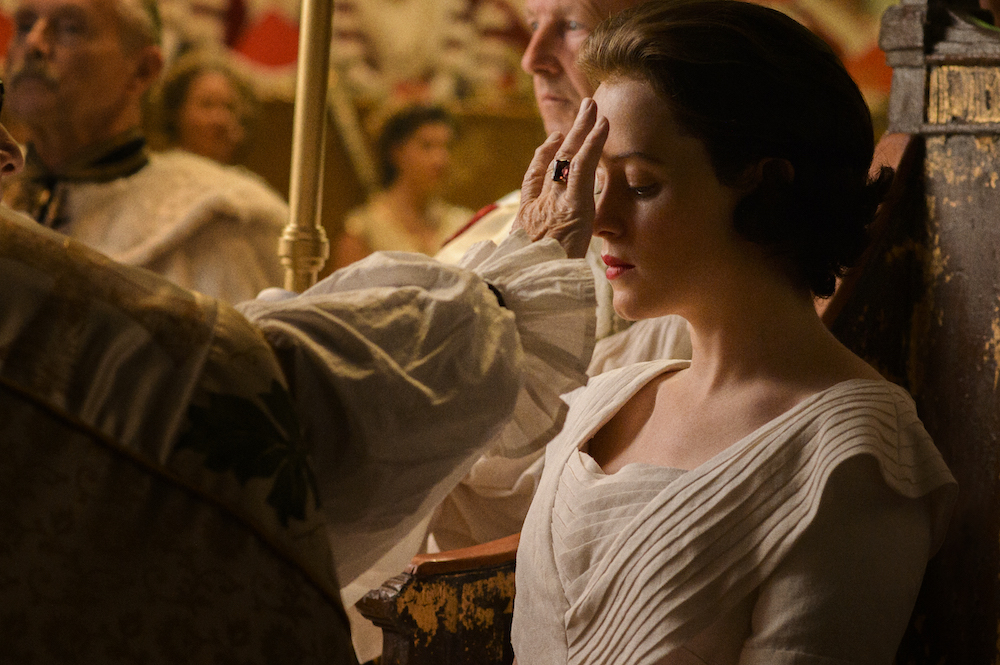Day #6: YEARN
Psalm 72:4 May he defend the cause of the poor of the people, give deliverance to the needy, and crush the oppressor.
The psalmist is not calling on God to defend the cause of the poor, deliver the needy and crush oppressors. The psalmist is calling on God to embolden the KING to do these things.
I find that absurd.
The Israelites have a fraught relationship with political power. They want to live as God’s people, but they also beg until they have no voice left for God to give them an earthly king. 1 Samuel 8 says that the people literally begged for a king so that they “could be like other nations.” Because, obviously, what you want when God has boldly claimed you as God’s Own People is some human figurehead to fill the gap, right?
The King thing went badly, then not so badly, then badly again. It ended up being a mixed bag, God’s people demanding a human sovereign, to this day. Certainly any human King would struggle mightily to carry such weight of power and responsibility and use it exclusively to defend the poor, deliver the needy and crush the oppressor. That would get especially tricky when the King realized that he himself WAS the oppressor.
I’ve started watching the Netflix drama The Crown recently, and I just finished the episode where the new Queen gets anointed at her coronation.

There’s solid biblical precedence for anointing leaders. Priests and kings got anointed with oil to signify their ascent to power. In this period drama episode, the disaffected uncle of the new Queen describes the process: oil, scepter, orb, shrouded in mystery. Take a very normal, unassuming, plain young woman, he says, add all this pomp and circumstance and magic and you end up with…a goddess.
My tradition also practices anointing, but in a decidedly different way. We do not anoint people in order to create goddesses. We don’t anoint people when they get ordained, we don’t anoint people to give them divine status. We follow the apostle James’ instructions to use the oil to anoint the sick, the despairing, and those in need of forgiveness. There’s no archbishop of Canterbury necessary to do the anointing – anyone can anoint anyone else, with whatever kind of oil they can find.
The mystery is not in the ceremony or in the role or the person performing it. The mystery does not require a canopy or curtain to shield the act from view. The mystery of anointing, the mystery of power, is that these very, very simple elements – skin, oil, community – can become vehicles for divine power. There is no monarch, but there is God’s sovereign power.
So, I find the psalmist’s prayer absurd. What King, having been invested with power, privilege, near-unmitigated ability to do as he wished, would find it in himself to make the poor and the oppressed his priority? After all that ceremony and gold-plated pomp, how could a leader choose to spend time, real time, with poor people?
No. Better to begin and end with the simple, unassuming acts of blessing: hands, oil, humble prayer. Better to let go of privilege and wealth and walk toward those places that Jesus did – not the temples, not the high courts, but the highways and the hidden corners, the wells, the hills, the women, the shepherds, the lepers, the eunuchs.
We are like the Israelites, longing for a human King, dissatisfied with being the people of God and God alone. And we got what we asked for. So, I suppose, in the absurdity of our day and this hour, we can pray with the Psalmist:
Give the king your justice, O God,
and your righteousness to a king’s son.
May he judge your people with righteousness,
and your poor with justice.
May the mountains yield prosperity for the people,
and the hills, in righteousness.
May he defend the cause of the poor of the people,
give deliverance to the needy,
and crush the oppressor.
I will pray, yes. But I will also keep anointing people who are far cries from royalty, people who are the poor and the needy and the oppressed, and I will ask for them to anoint me, too. I will also keep attempting to put my trust in God and in these simple, unassuming, unadorned acts of human connection and mysterious divinity.
Thank you for a moving and challenging Christmas reflection.
LikeLiked by 1 person